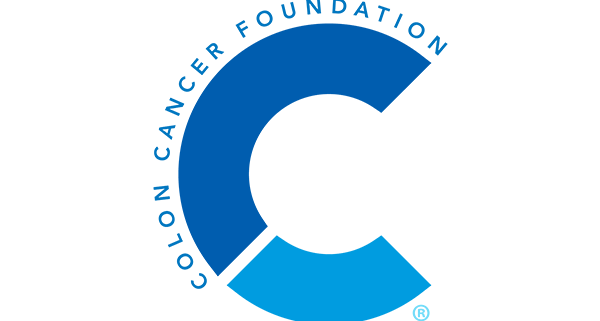Brett Walker, M.D., Awarded the 2021 Thomas K. Weber Colorectal Cancer Research Scholar Award
In February 2021, Brett Walker, M.D., became the 10th awardee of the Thomas K. Weber Colorectal Cancer Research Scholar Award, awarded by the Colon Cancer Foundation in partnership with the Society of Surgical Oncology.
The award was renamed in 2020 after Thomas K. Weber, M.D. (1954-2019), founder and former president of the Colon Cancer Foundation. Dr. Weber devoted his life to increasing colorectal cancer awareness, detection, and prevention, and his dedication to “a world without colon cancer” lies at the heart of the Colon Cancer Foundation. Thus, the award was renamed to keep his legacy alive while celebrating members of the community that display excellence in translational research pertaining to the molecular biology of colorectal cancer.
This year, Dr. Walker received the award for his abstract submission on circulating hybrid cells (CHCs) as a potential biomarker for treatment response in gastrointestinal cancers. CHCs are a type of hybrid cell created by the fusion of an immune cell and a tumor cell. Research pertaining to CHCs is novel as the primary focus of previous studies on cancer cell biomarkers has been on circulating tumor cells (CTCs), cells that bud off from a primary tumor and circulate in the bloodstream.
Though CHCs also disseminate outward from a primary tumor and circulate in the peripheral blood, the difference between the two lies in their names. Whereas CTCs only express cytokeratin, a tumor protein, CHCs express both cytokeratin and CD45, an immune cell marker. It is postulated that CHCs have both immune and tumor cell markers in order to successfully evade the immune system to form new tumors.
“CHCs have this opportunity to escape out of the primary tumor and migrate to different areas and potentially seed new metastatic tumors,” said Dr. Walker in an email correspondence with the Colon Cancer Foundation.
According to Dr. Walker, CHCs have the potential to be a better evaluative marker of treatment response and disease progression compared to CTCs because there are more of them circulating in the bloodstream.
Dr. Walker’s research itself indicates the effectiveness of CHCs as biomarkers. According to The ASCO’s Post description of his research, CHCs “successfully discriminated pathologic complete response from non–pathologic complete response in both rectal and esophageal cancers.”
Additionally, Dr. Walker mentioned that CHCs can provide information on the actual tumor itself.
“By collecting CHCs, we can actually gain information on the tumor, specifically what proteins they express and their genetic makeup including mutations, which could potentially help guide targetable treatments for patients,” said Dr. Walker.
Though more studies need to be conducted into CHCs, the implications of the research conducted by Dr. Walker’s laboratory are immense. If indeed CHC levels can be used as an effective biomarker, then patients with colorectal cancer can opt for non-invasive blood tests to track disease and treatment progression, as opposed to undergoing traditionally invasive imaging techniques and endoscopies. This in turn improves patients’ quality of life by avoiding intensive procedures that can cause stress and fear.
Dr. Walker expressed excitement over CHCs as a biomarker and hopes that his research will inspire others in the field to conduct their own studies.
“I think that there’s a huge opportunity here for us to really affect how we both detect and manage colon cancer. And so I really think this is an awesome opportunity to bring attention to hybrid cells and hopefully expand the number of researchers in this field.”



Leave a Reply
Want to join the discussion?Feel free to contribute!